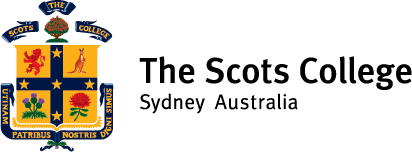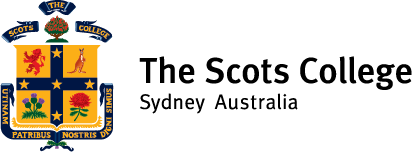The Scots College is pleased to announce the establishment of The Caledonian Institute, relaunching Scots Research into the next phase of the College’s Strategic Plan. The Caledonian Institute provides professional learning and development at The Scots College by being our bridge between research and practice.
What will The Caledonian Institute do?
It will provide a framework from research to practice, equipping Scots staff to become the finest in Australia.
Research in education has long been happening in schools, though this has often occurred on the periphery – as something done to schools rather than by schools.
Around the world, a growing number of schools have moved to embed research or ‘evidence-informed’ practice as key to their professional learning and improvement agendas. Since 2012, the College’s professional learning has been guided by Scots Research. It has served us well, but now is the time to evolve so that we might continue to grow and improve individually and collectively.
The Caledonian Institute will conduct and champion world-class research innovation, source the best research from across the globe, and then apply it to real-world contexts at The Scots College.
It is time to apply the research of the past decade with bespoke professional learning and development for each campus, each year group, each department and each staff member. Our quest to reinvent education is amplified by transforming how we learn and grow in our profession.
How does this relate to Scots and the Presbyterian Church of Australia?
The Scots College’s identity as a Presbyterian, non-selective, holistic educator of boys owes a great deal to its founder the Reverend Arthur Aspinall, whose mentor was Reverend John Dunmore Lang.
The foundations of The Caledonian Institute can be traced back to the vision of Reverend Lang. In 1826, he penned a prospectus for the Caledonian Academy, to be a “model” or “training school” for teachers. The Caledonian Institute is how we do tomorrow, better.
Our Plans for The Caledonian Institute
Through The Caledonian Institute, The Scots College’s plan – one that creates that space for exploration, modelling and professional learning – is simple, but profound:
- Embrace our own research and the best research on offer from across the globe.
- Convert this distilled evidence into practical collaborations to further build staff capacity and enable a clear pathway from research lab to classroom.
- Innovate. Refine. Repeat.
Let’s Work Together
Scots is committed to being known globally as a leading, caring school for boys. The quality of the College cannot exceed the quality of our educators. Acknowledging the correlation between these two positions, we are determined that staff at The Scots College have the support and opportunity to become the finest in Australia.
If you are inspired by The Caledonian Institute, one of these Senior Leadership roles may be of interest to you:
- Director of Research
- Director of Professional Learning and Pedagogical Coaching
- Head of Data Analytics and Systems
Fun Fact: How does the word ‘Caledonia’ relate to The Scots College?
The answer links to the history of Scotland. According to historical sources, ‘Caledonia’ is an old Latin name for Scotland, deriving from the ‘Caledonii’ tribe. In Roman times, the area of land we now refer to as Scotland was called ‘Caledonia’ and the people who lived there were known as the ‘Caledonians’. Closer to Australia, New Caledonia was so named in 1774 when Captain James Cook, sighted the island on his second voyage to the region. The northeast section of the main island (Grande Terre) reminded him of Scotland.






